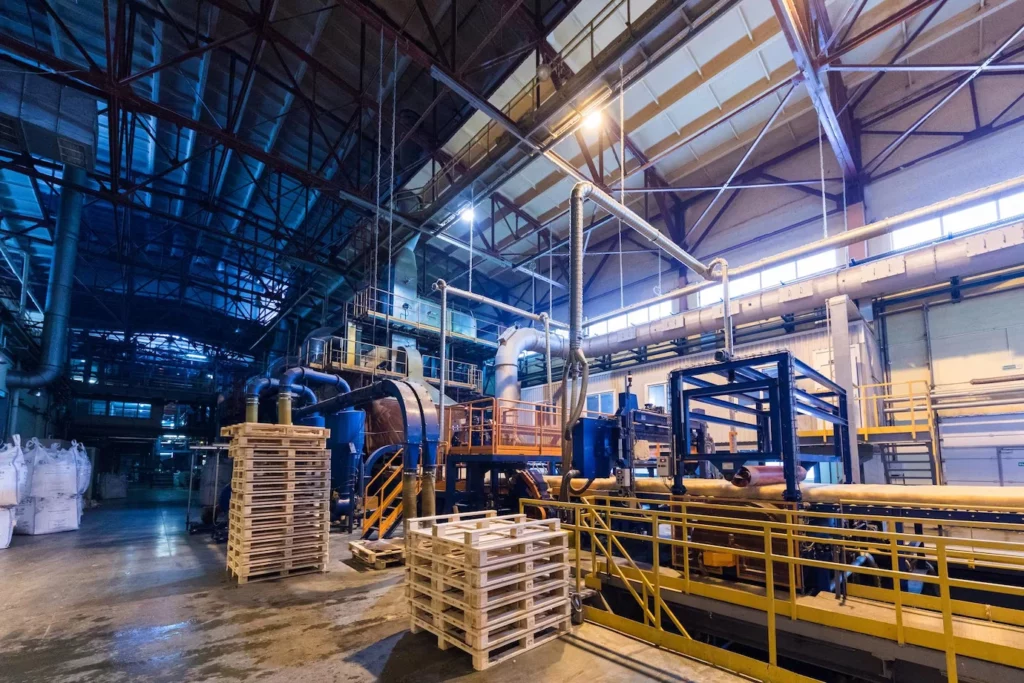Industrial engineering is a discipline that has played an essential role in the transformation of industry and the economy throughout history. From its beginnings in the 18th century to the present, this branch of engineering has contributed significantly to the development of efficient processes, the optimization of resources and the continuous improvement of production. In this article, we will explore the history of industrial engineering and its evolution over the years.
The Beginnings of Industrial Engineering
Industrial engineering has its roots in the Industrial Revolution, which began in Great Britain in the late 18th century. With growing industrialization, the need arose to more efficiently manage resources, work and production. One of the first promoters of this discipline was Adam Smith, who in his work "The Wealth of Nations" (1776) emphasized the importance of the division of labor and specialization.
Frederick Winslow Taylor and Scientific Administration
In the early 20th century, Frederick Winslow Taylor became a key figure in the history of industrial engineering by developing scientific management. Taylor advocated the application of scientific methods to improve efficiency in production, reducing waste of time and resources. His work influenced process standardization and efficient workforce management, leading to significant increases in productivity.
W. Edwards Deming's Quality Approach
During World War II, W. Edwards Deming, an American, helped improve the quality of ammunition and weapons production. After the war, he applied his quality management principles in the manufacturing industry, especially in Japan. His ideas on continuous improvement, data-driven decision making, and total quality contributed to Japan's economic renaissance and the global quality movement.
Automation and Robotics
As the 20th century progressed, industrial engineering became increasingly associated with automation and robotics. The introduction of robots into industry improved the precision and efficiency of manufacturing operations and was instrumental in the mass production of automobiles and electronics.
Industrial Engineering Today
Today, industrial engineering covers a wide range of industries, from manufacturing to services, logistics and supply chain management. Industrial engineers use data analysis, simulation, and information technology tools to optimize processes and make data-driven decisions.
Conclusion
The history of industrial engineering is a history of innovation and efficiency. From its roots in the Industrial Revolution to its central role in automation and quality management, this discipline has played a crucial role in improving industrial processes and optimizing resources. As we move into the 21st century, industrial engineering remains fundamental in the pursuit of efficiency and sustainability in production and services.
